Setting Realistic Goals To Learn French For Beginners
When you learn French for beginner level, before diving headfirst into irregular verbs and nasal sounds, pause, it’s extremely important to set clear and realistic goals. You should ask yourself: “Why do I want to learn beginner French?” Whether it’s for travel, work, or binge-watching Netflix in French without subtitles, defining your “why” keeps motivation high.
It’s better to start small—“I’ll learn French from the beginning and master greetings this week”—and gradually level up. Fluency doesn’t come overnight, but consistent progress does wonders.
Understanding the Basics of French
Mastering the foundation is key to learning any language. And when you learn French for beginner purposes, it’s all about getting cozy with the essentials—alphabet, pronunciation, greetings, and everyday phrases.
The French Alphabet and Pronunciation
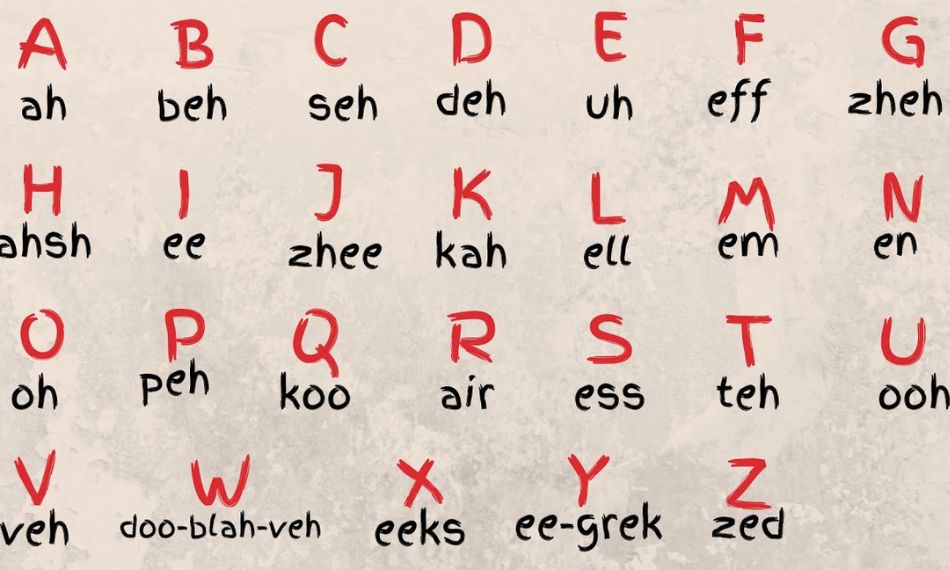
The French alphabet might look familiar, but don’t be fooled—some letters play by different rules. For example, the letter “r” has a throatier sound than in English. And yes, French pronunciation is tricky at first, but practice helps. Apps, YouTube videos, or language exchange partners can really sharpen your ears and tongue.
Basic French Greetings and Phrases

Learning greetings like Bonjour, Bonsoir, and Salut might seem basic, but they’re powerful. They help you break the ice, sound polite, and immediately feel more “French.”
You can start with some essential beginner phrases like:
- Bonjour – Hello/Good day
- Merci beaucoup – Thank you very much
- Comment allez-vous? – How are you?
- Je m’appelle… – My name is…
It’s wise to learn French for beginner communication before anything else. Confidence builds fast when you can say a few things comfortably.
Essential Grammar Rules for Beginners
This is the part where some learners run. But grammar doesn’t have to be scary. When you approach it step-by-step, even conjugation can feel like a win.
Nouns and Articles
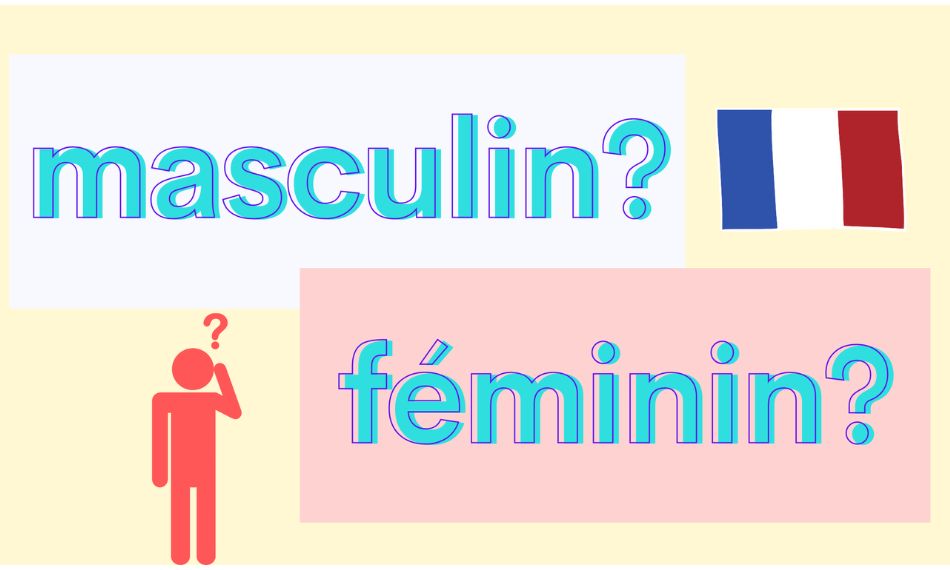
In French, every noun is either masculine or feminine, which affects the articles and adjectives used with it. For example, le livre (the book) is masculine, while la table (the table) is feminine. When you learn beginner French, it’s important to start building your vocabulary with the gender of each word included, as this will make grammar easier down the line.
Basic Sentence Structure

French follows the Subject-Verb-Object structure, just like English. For example, the sentence Je mange une pomme means “I eat an apple.” When you learn French for beginner speaking and writing, it’s best to start with simple sentence forms so you can build a strong foundation before moving on to more complex grammar.
Introduction to Verb Conjugation

French verbs change depending on the subject, the tense, and the mood of the sentence. It’s best to begin with regular verbs like aimer (to like), parler (to speak), and avoir (to have), as they follow simple, predictable patterns. When you learn French from the beginning, focus on the present tense first, then slowly move on to other tenses one step at a time.
Building Your French Vocabulary
A rich vocabulary is your communication toolkit. No need to memorize the dictionary—just focus on what’s relevant to your goals. Besides, instead of trying to memorize all 20 verb tenses at once—which is a fast track to burnout—it is smarter to focus on the present tense first. The key is to learn French from the beginning in a structured, step-by-step way, rather than trying to tackle everything all at once.
Everyday Vocabulary
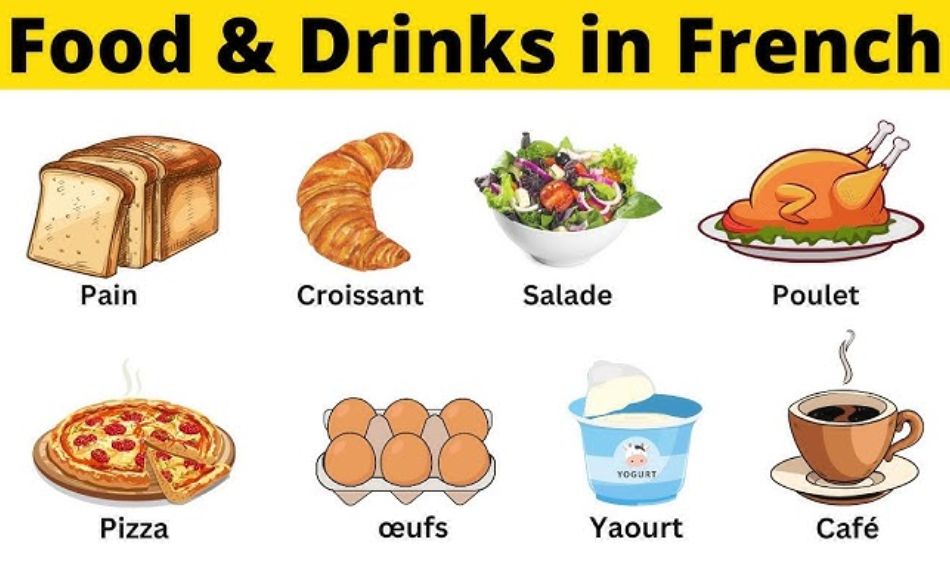
When you are just starting to learn French for beginner communication, it helps to focus on vocabulary you actually use in your daily life. Think about the words you say or use every day in your native language, then find the French equivalents and start practicing them. To make this easier, you can use flashcards, label household objects with sticky notes in French, or use vocabulary-building apps like Gurulango.
Numbers and Dates
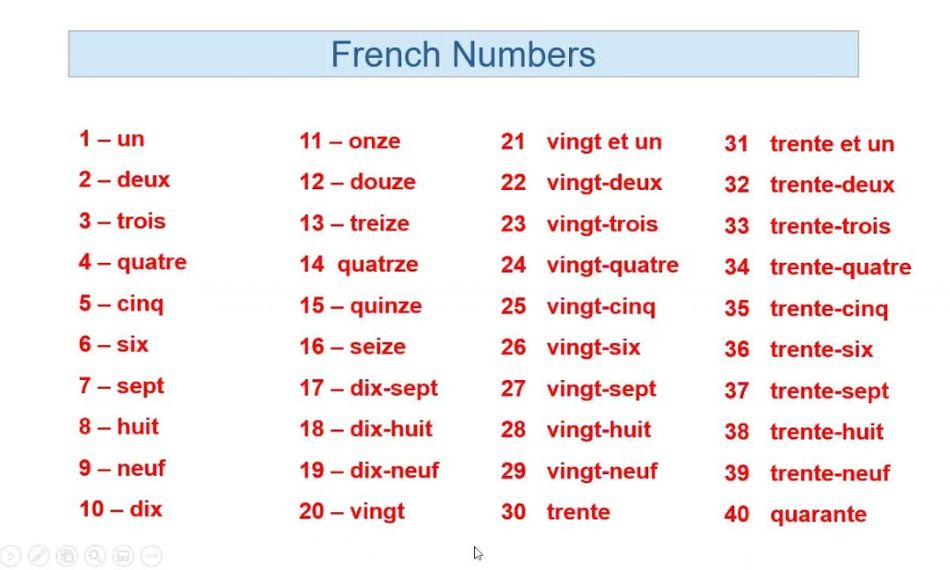
Learning numbers is important because they come up often when talking about time, money, and directions. For example, you don’t want to order quatre croissants (four) and accidentally say quatorze (fourteen). It’s also helpful to learn how the French write dates, which follow the day/month/year format, so you can understand calendars and schedules easily.
Utilizing Language Learning Resources
There are many great tools available to help you learn French for beginner levels, and the right ones can make a big difference. Apps like Duolingo, Memrise, and Gurulango offer fun and interactive ways to build vocabulary and improve your skills. Gurulango is especially useful for expanding your word bank in multiple languages, making it perfect for beginners who want to learn French from the beginning in a more visual and engaging way.
Common Challenges and How to Overcome Them
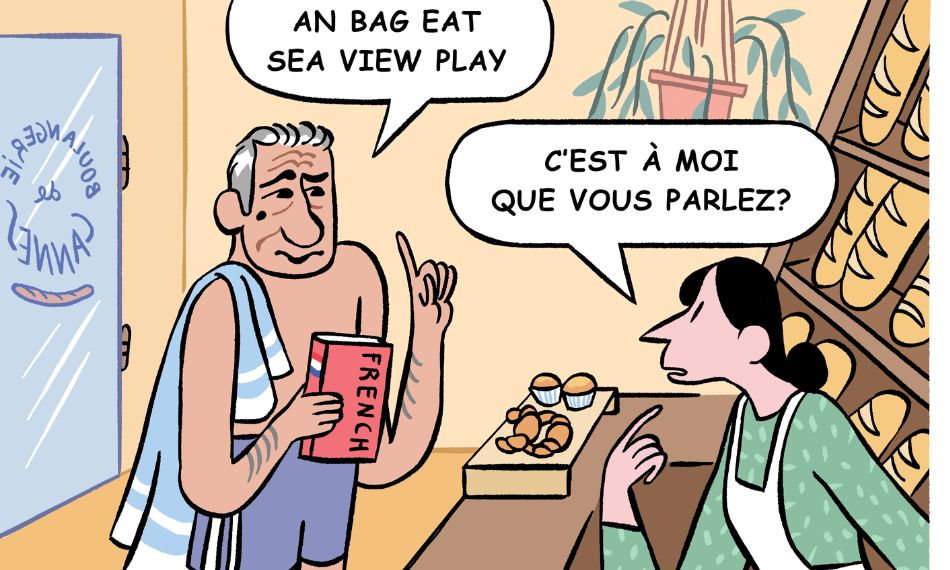
Learning French can be frustrating at times, especially when you’re just starting out, but remembering the reasons to learn French can help keep you motivated. Here are some common challenges beginner learners face and how to deal with them:
- Silent letters: French has many silent letters, but regular listening practice helps you naturally learn when to pronounce them and when not to.
- Gendered nouns: Noun genders can feel random, so you always need to learn new words with their articles to build correct habits from the start.
- Verb overload: Don’t try to learn all verbs at once, instead, let’s start with regular verbs and one tense to avoid overwhelm.
- Motivation slumps: Motivation can dip, so set small, realistic goals and track your progress to stay consistent.
- Comparing yourself to others: Everyone learns differently, you shouldn’t compare and focus on your own learning pace and improvement.
Final Thoughts
Learning any language takes time, and French is no exception. When you learn French for beginner levels, it’s important to stay consistent and patient with yourself. With time, patience, and the right mindset, fluency becomes completely achievable.
Ready to learn French the smart way? Join Gurulango and turn everyday moments into language wins!